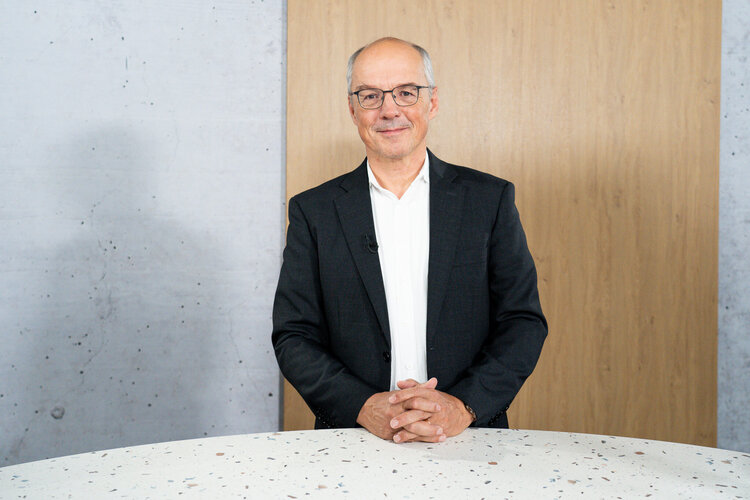
Electricity market at a turning point
Next year, renewable energies are expected to generate more electricity than coal-fired power plants for the first time. This is explained by Dr Gerhard Wagner in the ‘Themenfonds Talk’.
Senior Portfolio Manager, Head Sustainable Equities

Dr Gerhard Wagner is Senior Portfolio Manager for our "dark green" equity strategies and the related funds we offer under the Sustainable label.
Dr Gerhard Wagner is a recognised expert in the design and management of sustainable investments. From 2001 to 2007, he worked as a portfolio manager for sustainable investments at UBS. From 1994 to 2001 he worked as a scientist at the ETH Water Research Institute (EAWAG) in the field of climate physics.
Dr Gerhard Wagner completed his physics studies at the University of Konstanz. He then received his doctorate in natural sciences (Dr rer. nat.) at ETH Zurich. He gained his Chartered Financial Analyst (CFA) diploma in 2006.